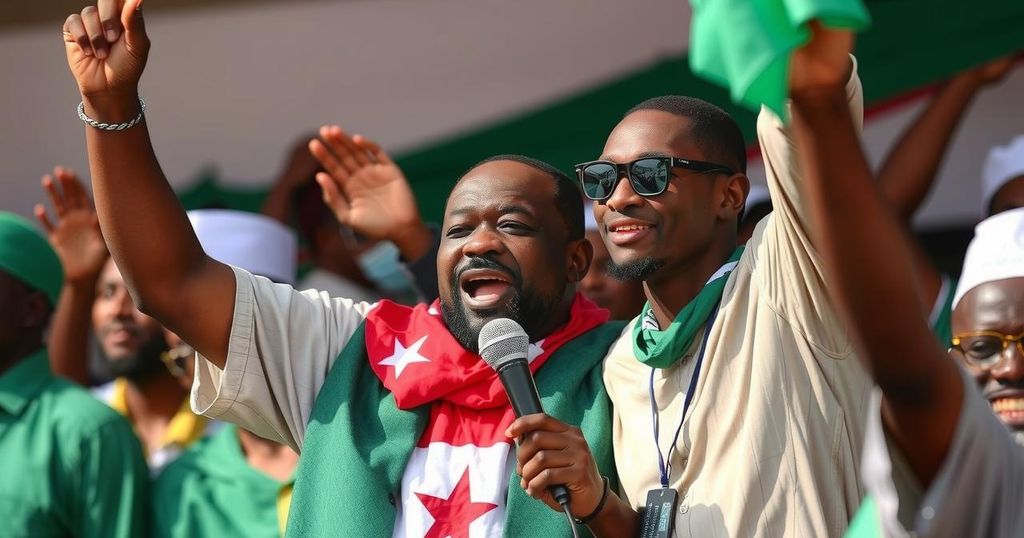Chad’s Ruling Party Claims Majority in Boycotted Parliamentary Elections

Chad’s ruling party, the MPS, achieved a significant parliamentary majority in recent elections, despite opposition boycotts citing transparency issues. The voter turnout was reported at 51.56%. President Mahamat Idriss Deby forged a path to leadership following a violent transition and is now navigating complex military and political dynamics, including distancing from France, reflective of regional trends.
Chad’s ruling political party, the Patriotic Salvation Movement (MPS), has secured a majority in the recent parliamentary elections held last month, amidst a notable boycott by the opposition. The National Elections Management Agency (ANGE) reported that MPS obtained 124 of the 188 available seats in the National Assembly, with a voter turnout of approximately 51.56%. Despite this majority, the distribution of seats among non-MPS parties remains uncertain. Opposition figures, including leader Succes Masra of the Transformateurs party, rejected the election’s legitimacy, criticizing the government for lacking transparency. In contrast, President Mahamat Idriss Deby positions these elections as a crucial step toward democratic governance. It is noteworthy that Deby’s presidency is rooted in a significant shift in leadership following his father’s death during a military conflict in 2021, leading to Deby’s emergence as interim leader just three years ago. Additionally, the current administration has signaled a departure from longstanding military alliances, particularly with France, reflecting a broader trend in the region toward redefining security partnerships.
The recent parliamentary elections in Chad unfold against a backdrop of political turbulence and significant changes in alliances, particularly regarding defense cooperation. President Mahamat Idriss Deby, who ascended to power following the death of his father, has faced accusations of undermining democratic processes through the exclusion of opposition parties from the electoral proceedings. This scrutiny is compounded by a regional sentiment moving away from former colonial powers and towards new alliances, particularly with nations such as Russia. The dynamics within Chad are indicative of a nation grappling with its identity post-conflict and the implications of external military ties on its sovereignty and political stability.
In summary, the victory of Chad’s MPS in the recent elections, achieved amidst an opposition boycott, raises questions regarding the democratic processes within the nation. The move towards the assertion of majority rule by a ruling party that faces scrutiny and allegations of lack of transparency is significant. Furthermore, President Deby’s shift away from France and the recent disturbance involving potential attacks on the presidency underscore the fragile nature of security and governance in Chad. The government’s claim of a transition to democracy is thus challenged by the reality of political dissent and international relations.
Original Source: www.dw.com







